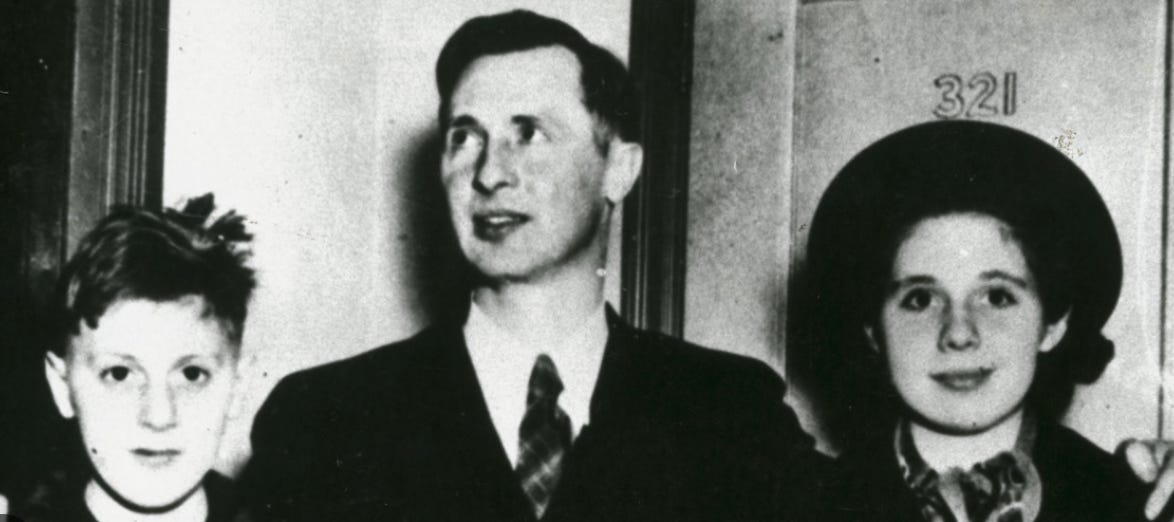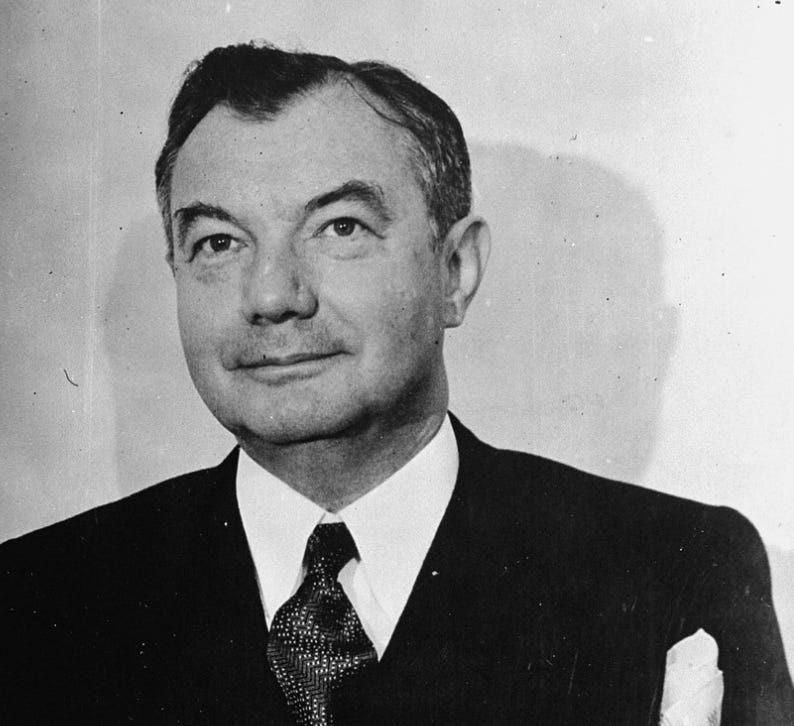Sorry to be a little late with this — as a historian, I’m not very good with dates — but yesterday actually marked the 80th anniversary of a landmark Supreme Court decision, the so-called “flag salute case” of West Virginia v. Barnette (1943).
In truth, the decision was the second “flag salute case” decided by the Supreme Court that decade.
The first case, Minersville School District v. Gobitis (1940), involved a pair of children who had been expelled from their Pennsylvania school district for refusing to salute the American flag. Lillian and William Gobitas — a court clerk misspelled their name and it stuck — were Jehovah’s Witnesses who regarded the flag salute as akin to worshipping a graven image in violation of the Ten Commandments.
The Gobitas family insisted their religious beliefs warranted exemption from the mandatory practice, but the Supreme Court disagreed. In an 8-1 decision for the Court, Justice Felix Frankfurter essentially ruled that patriotism trumped religious beliefs. “National unity,” he held on the eve of World War II, “is the basis for national security.” Americans had to salute the flag, even if they didn’t want to.
Immediately after the Court’s decision in June 1940, the country was rocked by a wave of violence targeting Jehovah’s Witnesses. In Kennebunk, Maine, a mob burned down Kingdom Hall, headquarters for the local community of Jehovah’s Witnesses. In the coal town of Litchfield, Illinois, a mob of a thousand locals attacked proselytizing Witnesses and destroyed over a dozen of their cars.
The ugly pattern replayed across the nation, with over 1,500 incidents over the next six months. “In 44 states they were beaten, kidnapped, tarred and feathered, forced to drink castor oil, tied together and chased through the streets, maimed, shot, and otherwise consigned to mayhem,” noted an attorney.
When a southern sheriff was asked about a riot in his town, he simply shrugged: “They’re traitors — the Supreme Court says so, ain’t you heard?”
The Supreme Court rarely reverses itself, and even more rarely does it quickly, but the wave of violence was so pronounced that the Supreme Court took up another flag salute case just a few years later, styled West Virginia v. Barnette. The case again involved two children who were Jehovah’s Witnesses (and, once again, believe it or not, the family name was misspelled by the court clerks: it was Barnett, not Barnette).
This time around, the Supreme Court got the matter right, overturning the Gobitis mistake by a 6-3 margin and ruling in favor of the Witnesses.
Justice Robert Jackson wrote the decision for the majority, crafting what might well be my favorite piece of writing ever to come from the Supreme Court.
To believe that patriotism will not flourish if patriotic ceremonies are voluntary and spontaneous instead of a compulsory routine is to make an unflattering estimate of the appeal of our institutions to free minds. We can have intellectual individualism and the rich cultural diversities that we owe to exceptional minds only at the price of occasional eccentricity and abnormal attitudes. When they are so harmless to others or to the State as those we deal with here, the price is not too great. But freedom to differ is not limited to things that do not matter much. That would be a mere shadow of freedom. The test of its substance is the right to differ as to things that touch the heart of the existing order.
If there is any fixed star in our constitutional constellation, it is that no official, high or petty, can prescribe what shall be orthodox in politics, nationalism, religion, or other matters of opinion or force citizens to confess by word or act their faith therein. If there are any circumstances which permit an exception, they do not now occur to us.
And yes, the Court made a point to release the decision on Flag Day.







The excerpted passage supports the observation from one of my law school professors that Jackson was “probably the finest prose stylist to sit on the Court.” Perhaps not coincidentally, he was also (I believe) the last person to make it to the Court without a law degree.
So far, Campaign Trails might be the best $80 I've spent this year, thanks!